Fake Iowa ID
1. Introduction: The World of Fake Iowa IDs
Fake IDs have been a part of popular culture for years, especially among younger generations seeking to bypass certain age-restricted regulations, such as buying alcohol or gaining entry into clubs. A "Fake Iowa ID" stands out because of its realistic design, attention to detail, and alignment with the genuine state ID format.
In this article, we'll look into the characteristics, use cases, and legal implications of these IDs. We'll explore how these products have evolved, why they attract a specific audience, and what makes the "Iowa" ID a preferred choice for many seeking to add to their novelty collections.
2. What Is a Fake Iowa ID?
A Fake Iowa ID is an unauthorized copy of an official state-issued identification card. It's designed to closely resemble the authentic Iowa driver's license or state ID card, with details such as holograms, UV patterns, and raised text mimicking the original.
Characteristics and Features:
- Holograms and UV Design: The best fake IDs integrate special security features such as holographic images and UV-sensitive patterns. This level of precision makes them look almost indistinguishable from authentic IDs under normal lighting conditions.
- Scannable Barcodes: Many high-quality fake IDs come with scannable barcodes that pass basic verification tests used by some establishments, such as liquor stores and clubs.
- State-Specific Details: Iowa state-specific details, such as its outline, unique patterns on the card, and specific ID number formats, are included to make the ID look as genuine as possible.
- Durable Material: These IDs are often made from polycarbonate material or PVC, mirroring the sturdiness of a real ID.
3. Product Features of a Fake Iowa ID
To appeal to a broader range of customers, the Fake Iowa ID has features that enhance its authenticity. For those seeking a near-perfect replication of an official document, these are the critical selling points:
3.1 Holograms and Fine Detailing
Quality fake Iowa IDs feature holograms that closely resemble the genuine counterparts. These holograms are often state-specific, and in Iowa’s case, they may feature the state’s symbols or specific license-related insignia that official state IDs possess. The inclusion of UV-sensitive ink helps further the illusion, as certain details only appear under UV light, similar to real IDs.
3.2 Barcode Integration
Fake Iowa IDs often come with a scannable barcode or magnetic strip. While some lower-quality fake IDs may only look the part visually, high-end versions can pass through basic barcode scanners, which some establishments use to verify age.
3.3 High-Definition Printing
The printing process used to create these fake IDs uses high-definition printing techniques to ensure every detail is sharp, from the micro text to the background imagery. This precision is key to fooling the eye and adds an extra layer of realism.
3.4 Customization Options
Buyers of fake IDs usually can customize their information, including the name, address, height, and photo. The possibility to personalize these elements allows the buyer to feel as though the ID truly reflects them, making it a more believable document.
4. Target Audience for Fake Iowa IDs
Understanding the demographics most interested in obtaining fake IDs can help in analyzing the market demand for such products.
4.1 College Students and Young Adults
Historically, the largest segment of fake ID users has been college students and young adults between the ages of 18-20. These individuals seek out fake IDs primarily to gain access to restricted places such as bars, clubs, or to purchase alcohol. In many college towns across Iowa and the U.S., the demand for fake IDs can be particularly high.
4.2 Novelty Seekers and Collectors
A lesser-known market for fake IDs involves novelty seekers or individuals who collect IDs as souvenirs. Some people are interested in fake IDs purely for the aesthetic or for novelty purposes, adding to collections of unique or obscure memorabilia.
4.3 Travelers and Expats
In some cases, people traveling abroad or expats living in foreign countries may use fake IDs for more casual purposes, such as avoiding identity theft while in a different country or simply as a convenient backup ID to carry when they don’t want to risk losing their actual driver’s license.
5. The Fake ID Market: Trends and Analysis
5.1 Global Market Overview
The fake ID market has undergone massive changes in recent years. With technological advancements, the quality of counterfeit documents has improved significantly. This has led to a global market where fake IDs, including Fake Iowa IDs, are easily available through various online platforms.
5.2 Market Dynamics in the U.S.
The U.S. remains a prime market for fake IDs due to the 21-year-old legal drinking age, which drives demand among those under the age limit. In states like Iowa, where there are large student populations, the market for fake IDs can thrive, especially around college campuses.
5.3 Pricing and Accessibility
High-quality fake IDs are typically priced between $80-$200, depending on the features included (holograms, UV ink, scannable barcodes). Bulk purchasing options are also available, where groups of students or friends can buy IDs at a discounted rate.
6. Legal Implications and Risks
While the focus of this article is on the product itself, it's crucial to address the significant legal risks associated with fake IDs. The sale, purchase, or use of counterfeit IDs can have serious consequences, including hefty fines, criminal charges, and in some cases, imprisonment.
6.1 State-Specific Laws
Iowa, like many other states, has strict laws governing the use of fake IDs. Being caught with a fake ID in Iowa can result in misdemeanor charges, the loss of driving privileges, and in some cases, criminal prosecution, especially if the fake ID is used in connection with fraud or criminal activities.
6.2 Federal Implications
Under federal law, the production and distribution of fake IDs can be considered identity theft or fraud, both of which carry severe penalties. Producers of fake IDs, particularly those who cross state lines or operate internationally, may face federal charges that result in longer prison sentences and higher fines.
6.3 Enforcement Technology
As technology improves, so do the methods that law enforcement and businesses use to detect fake IDs. Many clubs, bars, and retailers now use sophisticated scanning devices that cross-check barcodes with official databases. This means that even high-quality fake IDs may not always guarantee success in avoiding detection.
7. How to Stay Safe with Novelty IDs
If someone is purchasing a fake ID for novelty purposes, such as for collecting or private use, there are certain best practices to follow to avoid legal trouble.
7.1 Clear Understanding of Legal Boundaries
Make sure to understand the legal boundaries of your state regarding fake IDs. In some states, owning a fake ID solely for novelty purposes may not be illegal, but attempting to use it in any official capacity is a different story.
7.2 Responsible Use
Only use fake IDs in environments where there are no legal consequences, such as private gatherings or for theatrical performances. Avoid using them in places where age verification is required by law.
7.3 Reputable Sources
If buying a fake ID for novelty purposes, purchase it from reputable sellers who guarantee privacy and security. This minimizes the risk of your personal information being misused or sold.
8. Future Outlook of the Fake ID Market
8.1 Increased Security in Real IDs
As governments continue to improve the security features of real IDs, it becomes harder for counterfeiters to replicate these documents accurately. This means the future of fake IDs will likely focus on improving technology to match these advances.
8.2 Demand in the Digital Age
The fake ID market will continue to evolve alongside digital identification methods. As more places begin to accept digital forms of ID, including on mobile apps, fake IDs may shift towards virtual forms as well, creating new challenges for both consumers and authorities.
8.3 Governmental Response
Increased surveillance and stricter laws will likely come into place in response to the growing fake ID market. Governments may implement more advanced verification methods, both physical and digital, to counteract the rise of counterfeit identification.
9. Conclusion: Making an Informed Decision
Whether you're considering purchasing a Fake Iowa ID for novelty purposes or other reasons, it's essential to weigh the risks and benefits carefully. While the thrill of having a fake ID might appeal to certain demographics, the legal consequences can be severe. Always use discretion and understand that laws are in place to prevent misuse. For collectors or those interested in novelty IDs, purchasing from a reliable source and using the ID responsibly is key to avoiding unwanted legal trouble.
By understanding the intricacies of what makes a fake Iowa ID desirable, its market dynamics, and the associated risks, readers can make an informed decision that aligns with their needs and legal boundaries.
 novelty ID
novelty ID
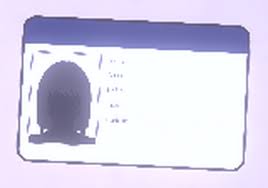 passport photo maker
passport photo maker
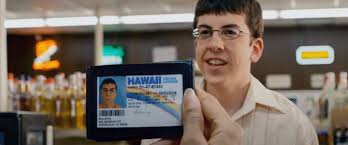 Fake Iowa ID
Fake Iowa ID
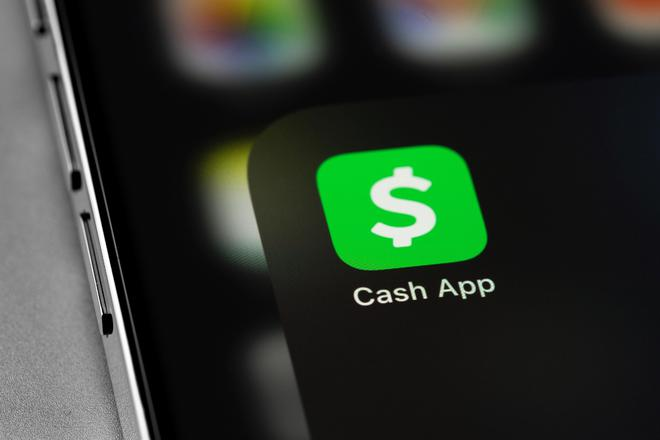 novelty ID
novelty ID
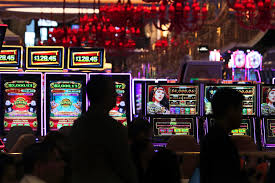 buy fake ID
buy fake ID
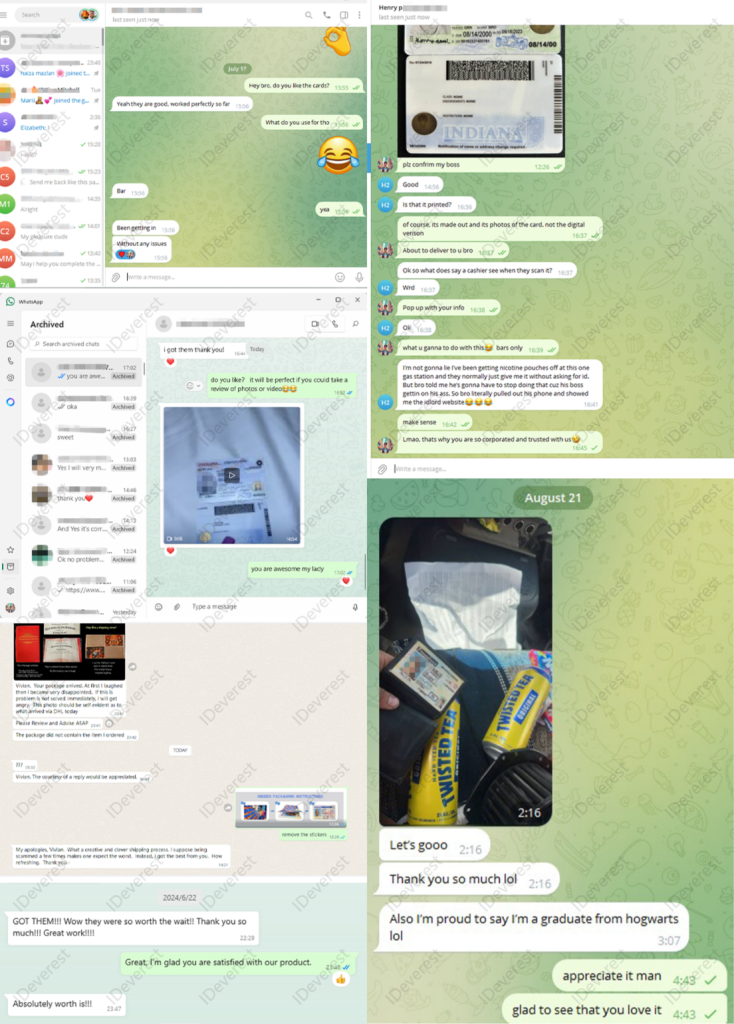 digital ID creation
digital ID creation
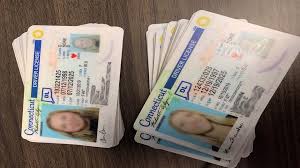 ID benefits
ID benefits
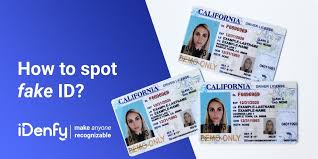 realistic Florida ID
realistic Florida ID
